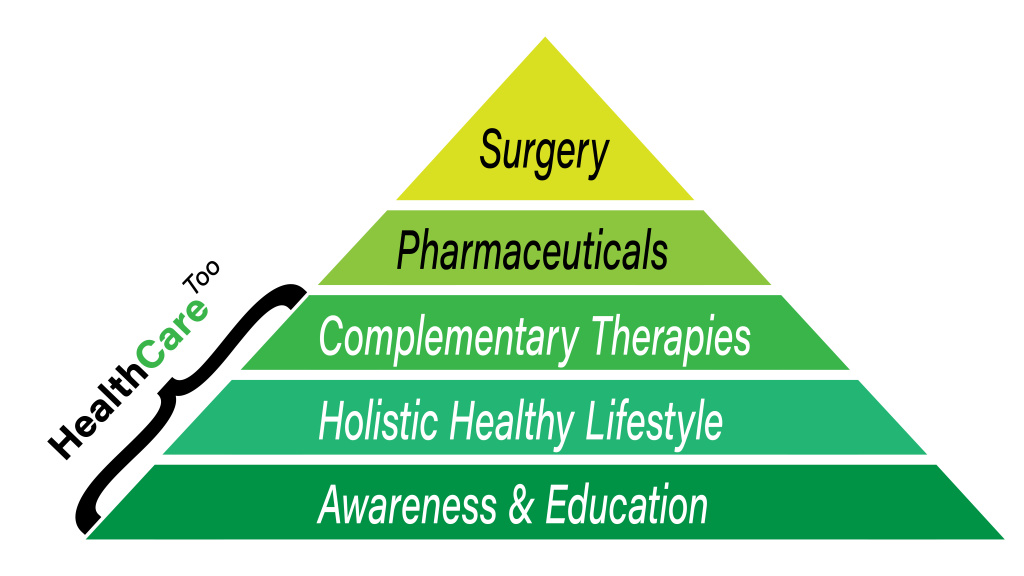Turmeric's Benefits
So many people are in search of the “wonder pill” that cures everything… without side effects. So far no one has found it. While not a cure-all, the Indian spice, turmeric may help across a variety of health issues. Turmeric’s benefits have been recognized for millennia in Ayurvedic medicine and now, with more research, the scientific community is casting new light on this ancient herb.
Curcumin is the active ingredient in turmeric that gives it its yellow hue and disease-fighting power. This potent phytonutrient is just 3 percent of turmeric by weight, but it has been shown to have major antioxidant and anti-inflammatory properties. So, will dusting everything in this magical golden spice really ward off disease and keep you healthy? Here's your guide on everything you need to know about turmeric's powerhouse active ingredient curcumin. Curcumin's status as a health hero and potential panacea likely stems from its strong antioxidant and anti-inflammatory properties. It has become increasingly clear that inflammation plays a role in most chronic disease, including Alzheimer's, cardiovascular disease, arthritis, and cancer. Curcumin may help prevent and potentially even reverse these diseases by fighting inflammation. Curcumin works by interfering with the inflammation pathways and inhibiting the inflammatory response. Specifically, it prevents the production of pro-inflammatory genes at the source by blocking the DNA transcription. According to Will Cole, D.C., IFMCP—functional medicine expert, author of Ketotarian, and mbg Collective member, "Curcumin, the compound in your favorite spice turmeric, is one of the earth's most powerful anti-inflammatory resources and one of my favorite natural tools for reducing inflammation for my functional medicine patients. While more studies need to be done to fully understand how exactly it works to drive down inflammation, research upon research has shown that it is extremely effective." In addition to inflammation, oxidative stress is often cited as a proponent of chronic disease. Molecules in the body called free radicals cause oxidative stress by damaging cell walls and DNA. Over time, this damage can lead to wrinkled skin, cognitive decline, and chronic diseases. Curcumin can act as an antioxidant in the body to neutralize free radicals and prevent oxidative stress. It also boosts the body's natural free-radical-fighting capabilities by increasing the production of antioxidants. Disrupting the inflammatory response and fighting oxidative stress may be the key to curcumin's myriad health benefits.




